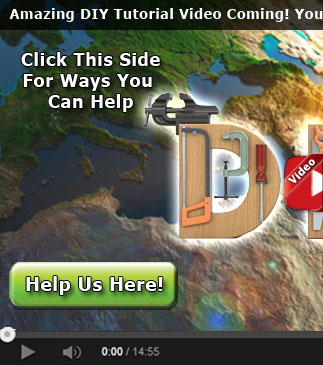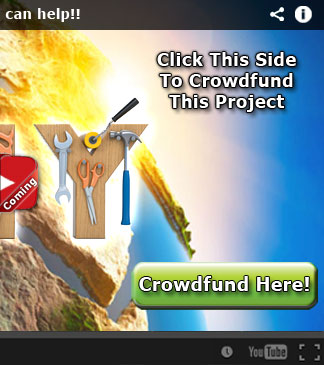
Education Program Licensing and Accreditation
Welcome to the Education for Life page for open source sharing how to create a licensed and/or accredited education program. Bookmark this page if you are interested in tools, tutorials, and resources for starting your own school, education program licensing and accreditation.
The page discusses licensing and accreditation with the following sections:
- What is Licensing and Accreditation
- Why Open Source Licensing and Accreditation
- Obtaining Licensing and Accreditation Details
- Legal Consideration for Starting a School
- Licensing Resources
- Summary
- FAQ
- Other Resources
NOTE: THIS PAGE IS NOT CONSIDERED BY US TO BE A COMPLETE AND USABLE TUTORIAL UNTIL
WE HAVE OUR LICENSING AND ACCREDITATION PLANS APPROVED.
AT THAT TIME WE WILL ADD HERE THOSE PLANS AND EVERYTHING ELSE WE LEARNED.
IN THE MEANTIME, WE WELCOME YOUR INPUT AND FEEDBACK
RELATED PAGES
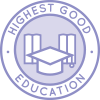
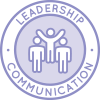
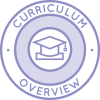
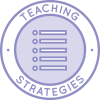
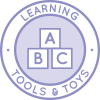
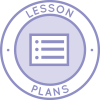
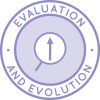
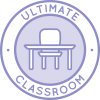
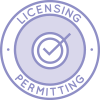
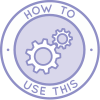
HERE ARE THE SPECIFIC WAYS YOU CAN PARTICIPATE
SUGGESTIONS | CONSULTING | MEMBERSHIP | OTHER OPTIONS
WHAT IS LICENSING & ACCREDITATION
 Educational accreditation is a type of quality assurance process under which services and operations of educational institutions or programs are evaluated by an external body to determine if applicable standards are met. If standards are met, accredited status is granted by the appropriate agency. Accreditation and licensing take place at a federal, state and/or a local government level. Many of the different education platforms have their own accreditation standards and evaluators to give out licenses. Accreditation should result in using the most applicable accountability measures to get desired outcomes for the individuals and the community.
Educational accreditation is a type of quality assurance process under which services and operations of educational institutions or programs are evaluated by an external body to determine if applicable standards are met. If standards are met, accredited status is granted by the appropriate agency. Accreditation and licensing take place at a federal, state and/or a local government level. Many of the different education platforms have their own accreditation standards and evaluators to give out licenses. Accreditation should result in using the most applicable accountability measures to get desired outcomes for the individuals and the community.
Licensing is obtaining this accreditation from a legitimate organization, an objective outside source investigating your program and using a checklist to make sure it meets the standards set up within that group. The accrediting organization defines standards and expectations for the field in which it offers licenses. Once achieved, licensing and/or accreditation usually function as proof that specific standards have been met.
WHY OPEN SOURCE SCHOOL LICENSING AND ACCREDITATION
 For the first time in the history of humanity, we have the ability to digitally access and share the knowledge and teachings of all the different cultures around the world. This provides a new and unique opportunity for combining “the best of the best” education programs, methodologies, and strategies. It also means we have more access to diverse and useful content. Sharing how we have chosen to put all of this together and teaching people how to license and/or gain accreditation for a program like ours (or of your own creation) is part of One Community’s open source goals and approach to global transformation for The Highest Good of All.
For the first time in the history of humanity, we have the ability to digitally access and share the knowledge and teachings of all the different cultures around the world. This provides a new and unique opportunity for combining “the best of the best” education programs, methodologies, and strategies. It also means we have more access to diverse and useful content. Sharing how we have chosen to put all of this together and teaching people how to license and/or gain accreditation for a program like ours (or of your own creation) is part of One Community’s open source goals and approach to global transformation for The Highest Good of All.
We see opens sourcing this process as helpful for building community, empowering people, and diversifying and improving educational opportunities and models. This will also allow people to provide better education programs where they feel they are needed and more easily share their innovations and invite others to participate.
Obtaining school licensing and accreditation has the potential to help:
- People desiring a validation of the legitimacy of their program
- People wanting association with respectable institutions
- People seeking acceptance in different organizations or institutions requiring diplomas from an accredited program
SCHOOL LICENSING AND ACCREDITATION DETAILS
Licensing and accreditation are possible if you understand the process necessary for achieving one or both and are willing to invest the time and energy to prove your program meets the necessary guidelines. We discuss here how to do this with the following sections:
- Why Obtain Accreditation and/or Licensing
- Different Types of Licensing and Accreditation
- Legal Consideration for Starting a School
- Legal Considerations for Accreditation
- How to Obtain Government Accreditation
- Special Group Licensing and Accreditation
- International Baccalaureate
WHY OBTAIN GOVERNMENT LICENSING
The main reason to license and/or obtain accreditation for a school is to legitimize the education the students received. This makes it easier so they can further their pursuit of knowledge, obtain a relevant job, demonstrate to a future employer that they meet the standards in the global arena, etc. The license or accreditation also legitimizes schools who wish to attract students from outside their community.
Accreditation provides reciprocity of credits, courses, and grade-level placements between schools and universities around the world, and validation of the equivalency of diplomas and certificates to other accredited schools and universities. It also ensures a consistent level of quality in a network of participating schools that is valued by the public and by colleges and universities. In addition, students in accredited schools become part of a worldwide network of quality institutions focused on student performance. The existing social structure of education has expectations of accreditation at several different levels, and many organizations exist to assure the quality of the education is meeting these levels and the standards of society.
For this reason, accreditation is helpful (and often necessary) when participating in the global community where degrees and licenses play an important role in economic opportunities. The stamp of approval from a respected and objective institution validates an educational program as meeting the standards of that group. If a community is independent enough, they may also decide to stay independent and create their own standards and requirements and accreditation of their own programs.
From a world-change perspective, open sourcing the licensing and accreditation process is another way to help people:
- Create their own schools, receive formal recognition of these schools and the quality they provide, and build community around the educational process, coming together as like minded people with the common goal of providing better education for our children.
- Be more involved with their children, providing an option for alternative education, homeschooling, and unschooling that many may not realize exists.
DIFFERENT TYPES OF LICENSING AND ACCREDITATION
The different types of licensing and accreditation that are explored here as viable options for integration in and out of the teacher/demonstration community/hub model are:
- Governmental Licensing: The accreditation and licensing system will vary depending on the country your school resides in. In the United States there are federal and state level licensing systems.
- Licensing or accreditations needed for association with a respected existing education organization: Many education paradigms such as Waldorf, Montessori, and democratic schools offer their own independent systems of accreditation in order to use their specific name, language, methodologies, etc.
- Licensing or accreditations needed for further education in other environments: Many colleges, universities, and other places of higher education require test scores and diplomas in order to be accepted into their programs. Licensing your own school is possible if you are willing to take the steps required by your state, your country, and any organization you want to be affiliated with.
LEGAL CONSIDERATION FOR STARTING A SCHOOL
Starting a school requires careful attention to the legal framework that governs educational institutions at local, state, and federal levels. Founders must ensure compliance with zoning laws, business registration requirements, health and safety codes, and employment regulations for staff. In many regions, schools must also meet curriculum standards, teacher qualification requirements, and student welfare protections before being granted permission to operate. Establishing policies for student admissions, privacy, and non-discrimination is equally important to align with legal and ethical obligations. Addressing these considerations early not only helps avoid legal challenges but also lays a solid foundation for credibility, accountability, and long-term success of the institution.
RESEARCH SCHOOL-TYPE STATE REQUIREMENTS
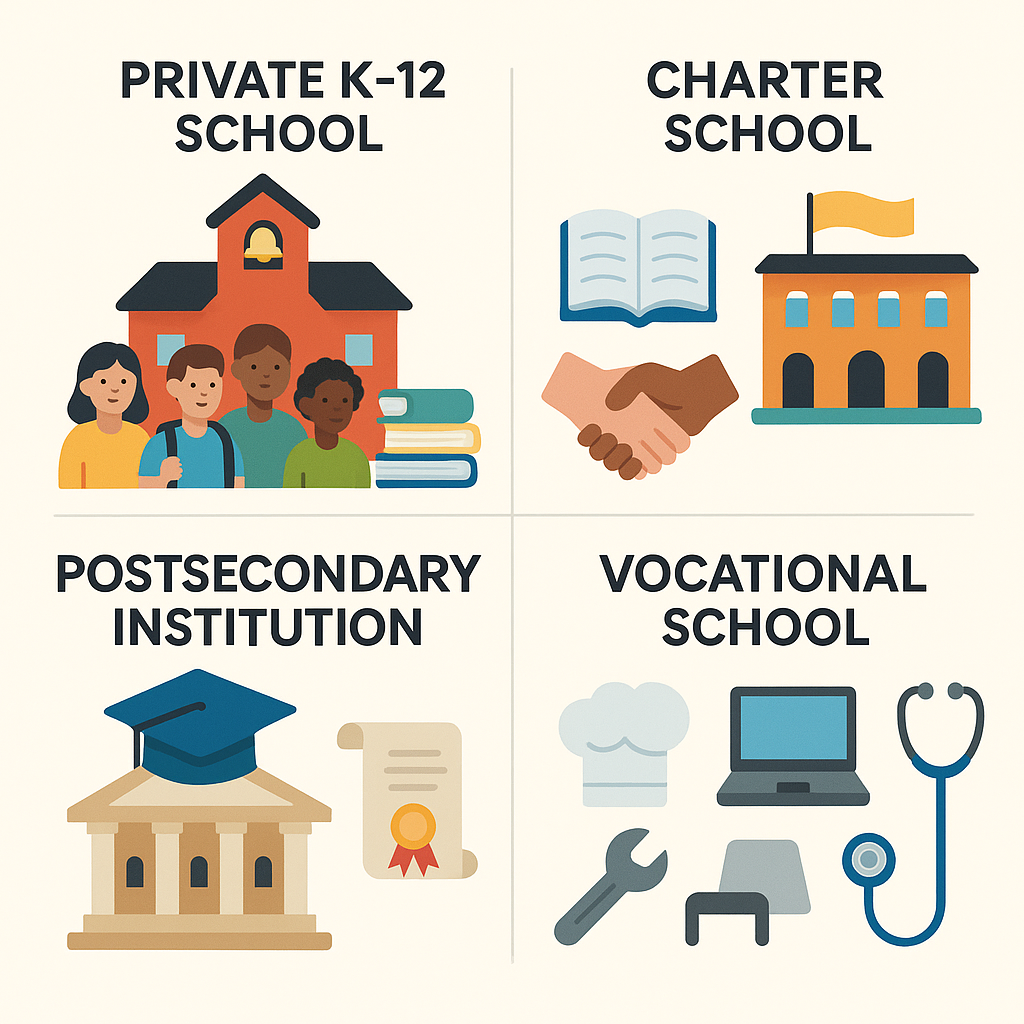 When planning to start a school, understanding and complying with your state’s specific legal requirements is crucial. These requirements can vary significantly based on the type of school you intend to establish, such as private K–12, charter, vocational, or postsecondary institutions. Each type of school comes with its own unique approval processes, oversight agencies, and compliance expectations that must be met before you can legally operate. In addition, schools are often required to meet health and safety regulations, zoning laws, and building codes to ensure a secure learning environment. Accreditation standards may also apply, which not only affect the school’s credibility but can also impact students’ eligibility for financial aid. It is essential to research thoroughly and seek legal guidance when necessary to navigate these complexities. Proper documentation, timely submission of applications, and ongoing compliance monitoring are key steps in maintaining legal standing and long-term success.
When planning to start a school, understanding and complying with your state’s specific legal requirements is crucial. These requirements can vary significantly based on the type of school you intend to establish, such as private K–12, charter, vocational, or postsecondary institutions. Each type of school comes with its own unique approval processes, oversight agencies, and compliance expectations that must be met before you can legally operate. In addition, schools are often required to meet health and safety regulations, zoning laws, and building codes to ensure a secure learning environment. Accreditation standards may also apply, which not only affect the school’s credibility but can also impact students’ eligibility for financial aid. It is essential to research thoroughly and seek legal guidance when necessary to navigate these complexities. Proper documentation, timely submission of applications, and ongoing compliance monitoring are key steps in maintaining legal standing and long-term success.
PRIVATE SCHOOLS
A Private K–12 school is an independently operated educational institution that serves students from kindergarten through 12th grade without receiving government funding. These schools typically charge tuition and may be affiliated with religious organizations or follow alternative educational philosophies such as Montessori, Waldorf, or Reggio Emilia. One of their key advantages is the flexibility to design their own curriculum and choose teaching methods that align with their values or educational goals. Despite their independence, private K–12 schools are still required to comply with fundamental health, safety, and educational regulations set by the state or local authorities.
Private schools are often considered one of the best options because they provide families with greater flexibility, personalized learning opportunities, and the ability to align education with specific values or philosophies. Unlike public schools, they are not bound by standardized curricula, allowing them to innovate with teaching methods such as emphasize creativity, critical thinking, and holistic development. Smaller class sizes typically enable more individualized attention, stronger student–teacher relationships, and tailored support for diverse learning needs. In addition, private schools often cultivate close-knit communities, provide enriched extracurricular opportunities, and maintain high academic standards, making them attractive to parents seeking a well-rounded and values-driven education for their children.
VIDEO COMING OF: SUMMARY OF ONE COMMUNITY’S PRIVATE SCHOOL SETUP PROCESS
SEE OUR HOW TO HELP AND/OR CROWDFUNDING CAMPAIGN PAGE TO HELP CREATE ALL THE TUTORIAL VIDEOS FASTER
CHARTER SCHOOL
A Charter School is a publicly funded, tuition-free institution that operates independently from the traditional public school system. It must be authorized by a state-approved chartering body, such as a university or local board of education, and is required to meet state academic standards. While charter schools are accountable to their charter contract, they often have greater flexibility in areas like curriculum design and staffing compared to traditional public schools. Despite this flexibility, charter schools still must employ certified teachers and adhere to public reporting requirements.
POSTSECONDARY SCHOOL
A Postsecondary Institution provides education beyond the high school level and includes colleges, universities, technical institutes, and community colleges. These institutions offer various academic programs, granting certifications, associate’s, bachelor’s, and advanced degrees. Starting a postsecondary school requires navigating a complex process of accreditation and regulatory approval, particularly if the institution intends to offer financial aid or award degrees.
VOCATIONAL SCHOOL
A Vocational School, also known as a trade or technical school, offers specialized training in specific careers or industries. Programs may include fields such as healthcare (e.g., nursing assistant programs), automotive repair, cosmetology, culinary arts, and computer or IT training. These schools can operate at both the secondary and postsecondary levels and are typically subject to industry-specific licensing and regulatory oversight to ensure quality and compliance with professional standards.
REVIEW OF REGULATIONS
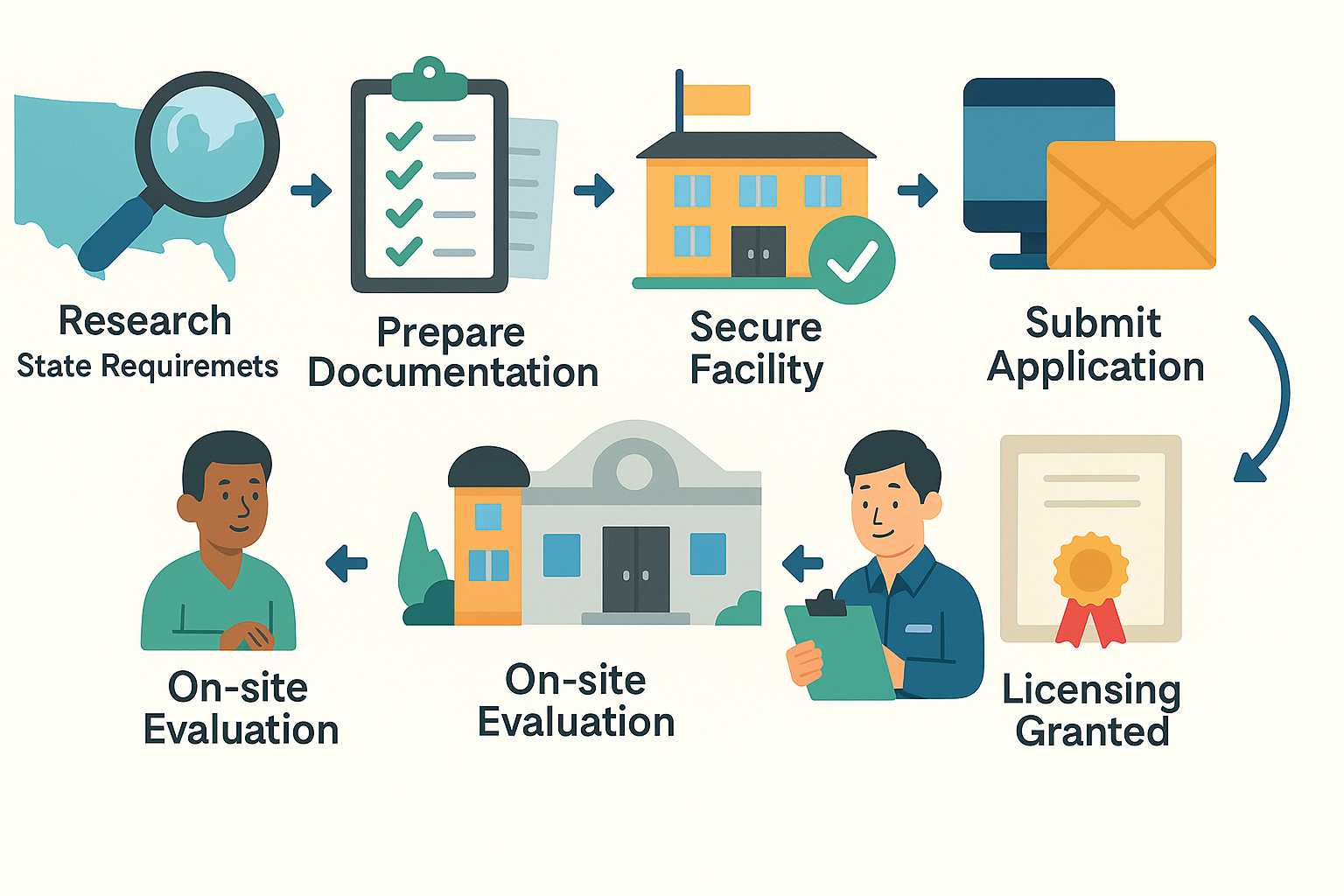 Reviewing regulations on teacher certifications, curricula, facilities, and operational standards involves understanding the specific rules and guidelines that ensure educational institutions maintain quality and meet legal requirements. It requires staying updated with state, national, and international accreditation standards to guarantee compliance. Institutions must also demonstrate accountability in areas such as faculty qualifications, student-teacher ratios, and curriculum relevance. Facility standards, including safety, accessibility, and adequate learning resources, are critical to providing a conducive environment.
Reviewing regulations on teacher certifications, curricula, facilities, and operational standards involves understanding the specific rules and guidelines that ensure educational institutions maintain quality and meet legal requirements. It requires staying updated with state, national, and international accreditation standards to guarantee compliance. Institutions must also demonstrate accountability in areas such as faculty qualifications, student-teacher ratios, and curriculum relevance. Facility standards, including safety, accessibility, and adequate learning resources, are critical to providing a conducive environment.
VIDEO COMING OF: SUMMARY OF ONE COMMUNITY’S PRIVATE SCHOOL SURPASSING THE EXCEPTIONAL OPERATIONAL STANDARDS AND MEETING RULES AND REGULATIONS
SEE OUR HOW TO HELP AND/OR CROWDFUNDING CAMPAIGN PAGE TO HELP CREATE ALL THE TUTORIAL VIDEOS FASTER
TEACHER CERTIFICATES
Regulations typically require that teachers hold appropriate credentials, such as a bachelor’s degree, completion of a teacher preparation program, and successful passage of state exams. Teachers must also maintain certifications through ongoing professional development and renewals. Some states may have specific certification requirements for different subject areas or grade levels.
CURRICULA
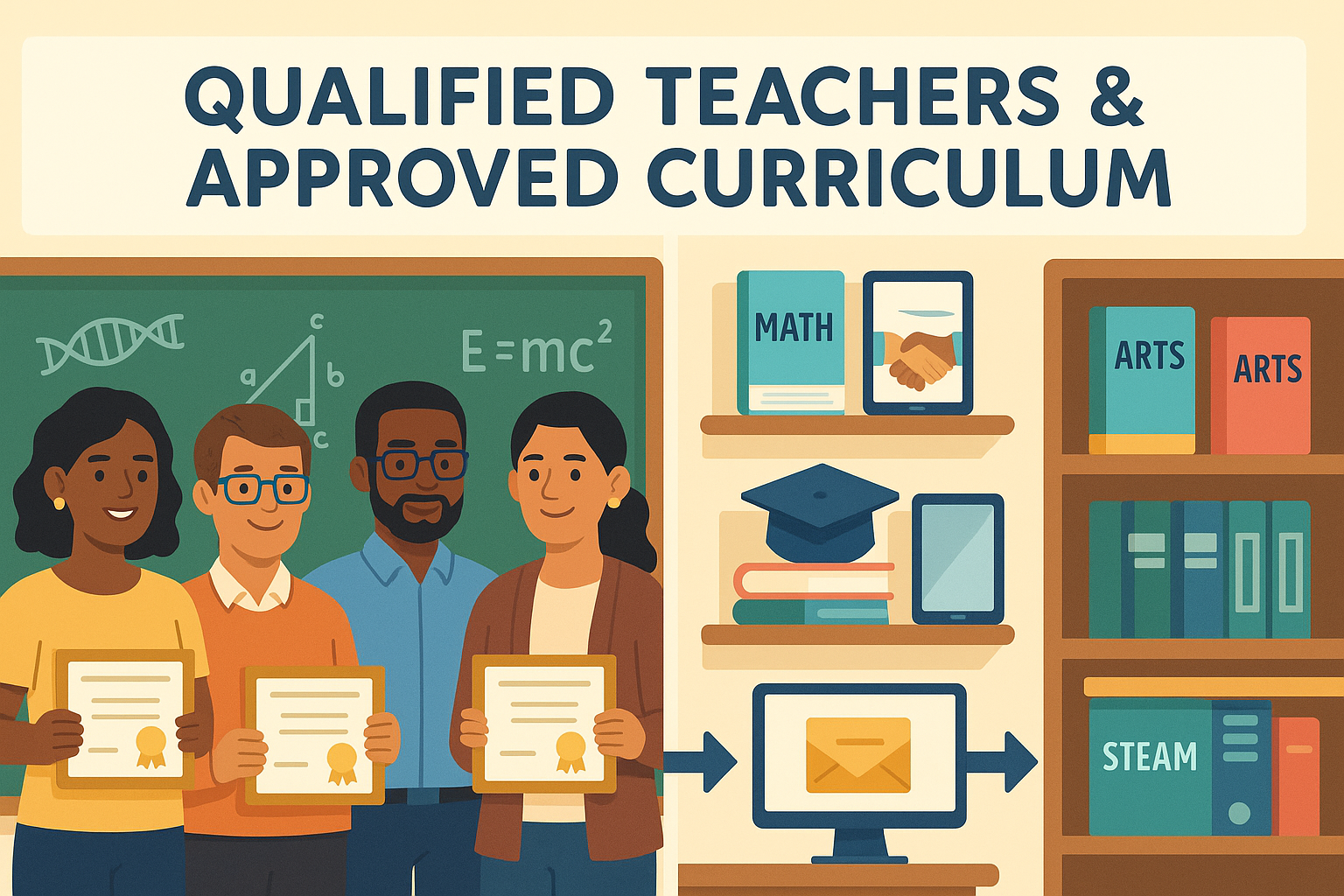 Educational institutions must follow state or national standards for curricula, ensuring that all students receive a comprehensive education. Curriculum guidelines may include specific subject matter requirements, such as mathematics, science, language arts, and social studies, as well as accommodations for special education and English language learners. Schools are often required to regularly update and align their curriculum to meet changing educational standards.
Educational institutions must follow state or national standards for curricula, ensuring that all students receive a comprehensive education. Curriculum guidelines may include specific subject matter requirements, such as mathematics, science, language arts, and social studies, as well as accommodations for special education and English language learners. Schools are often required to regularly update and align their curriculum to meet changing educational standards.
FACILITIES
Regulations on school facilities cover health, safety, and accessibility standards. Schools must meet building codes, ensure proper ventilation and lighting, and maintain accessible facilities for students with disabilities. Additionally, schools must have necessary resources such as libraries, science labs, and technology to support the curriculum and learning environment.
OPERATIONAL STANDARDS
Schools must adhere to operational standards that include governance, financial management, student-teacher ratios, and standardized testing requirements. These standards ensure that schools run efficiently, maintain accountability, and meet the needs of students and staff. Additionally, institutions must have policies in place regarding student discipline, attendance, and graduation requirements.
APPLICATION, DOCUMENTATION & FEES
Schools begin by completing and submitting the official application form—typically available online—along with a non‑refundable application fee. The required documentation includes the institution’s legal charter or incorporation papers; board meeting minutes approving the application; a comprehensive curriculum map aligned to state or national standards; faculty qualification records (transcripts, teaching certificates, and background checks); detailed financial statements and a proposed budget demonstrating fiscal stability; facility safety, health and accessibility inspection reports; proof of liability and property insurance; sample policy manuals covering student conduct, attendance and special education services; and projected enrollment figures with demographic breakdowns. Once the packet and fees are received, the program conducts a desk review before invoicing for the on‑site evaluation—fees for which vary based on school size and location—and schedules the visit. After a successful site inspection, schools pay an initial accreditation fee to secure their status, followed by annual renewal fees to maintain compliance, ongoing quality assurance reviews, and access to professional development resources.
CREATE A DETAILED BUSINESS PLAN
A business plan will serve as your school’s blueprint and is often required for licensing and accreditation. It should include the following.
SCHOOL TYPE
It will operate as a tuition-free public charter school dedicated to delivering a holistic, student-centered education. Its mission is to empower young minds through a balance of academic excellence, creativity, and emotional intelligence. The vision is to create a nurturing environment where students of diverse backgrounds can thrive and reach their full potential. The school will primarily serve K-8 students within underserved communities, with a focus on inclusive practices and personalized learning pathways. Its goal is to redefine public education by fostering a culture of curiosity, community, and lifelong learning.
CURRICULUM PLAN
A Comprehensive curriculum aligned with state academic standards, while incorporating project-based learning, STEAM (Science, Technology, Engineering, Arts, and Mathematics) initiatives, and social-emotional learning frameworks. Core subjects such as mathematics, language arts, science, and social studies will be complemented by enrichment courses including visual arts, music, environmental education, and physical education. The curriculum will support differentiated instruction to meet diverse learning needs and will be continuously evaluated for effectiveness and innovation. Technology integration and digital literacy will be embedded across grade levels to prepare students for the 21st-century workforce.
BUDGET AND FINANCIAL PLAN
The financial model includes a combination of public funding, private grants, and community partnerships. Start-up funding will be sourced through federal and state education grants specific to charter schools, as well as philanthropic contributions. Operational costs—including staff salaries, instructional materials, utilities, and facility maintenance—have been projected based on enrollment goals and regional cost standards. Tuition will not be charged, as the school will operate under a public charter structure. A detailed five-year financial plan outlines sustainability, reserve funds, and strategic investment in student services and academic programming.
FACILITIES PLAN
The facilities plan for the Ultimate Classroom is centered on creating a sustainable, accessible, and highly engaging learning environment that nurtures whole-child development. The school will be built using eco-friendly straw bale construction and divided into seven vibrant, color-coded learning zones inspired by the rainbow, each aligned with specific subjects and developmental themes. These include the Red Room for health and wellness, the Orange Room for language arts, the Yellow Room for math and leadership, the Green Room for science and nature, the Blue Room for technology and innovation, the Indigo Room for social sciences, and the Violet Room for arts, trades, and values. Each space will be open and desk-free to encourage collaboration, creativity, and movement, supported by natural materials, soft lighting, and access to outdoor classrooms and gardens. Additionally, the facility will feature dedicated areas for a library, science and computer labs, art and music studios, indoor and outdoor recreation, and community events.
Sustainability and safety are integral to the design, with features such as solar energy, water conservation systems, low-toxicity building materials, and thorough emergency preparedness protocols. The building will be ADA-compliant and equipped with air filtration systems, fire safety tools, and trauma-informed staff training. The school’s flexible infrastructure will allow for reconfigurable furniture, multimedia integration, and large communal spaces, while also fostering real-world learning through internships in construction, food production, and digital storytelling. By incorporating open-source educational participation, the facility becomes not only a physical space but a platform for innovation, creativity, and global impact.
VIDEO COMING OF: SUMMARY OF ONE COMMUNITY’S PRIVATE SCHOOL SETUP PROCESS
SEE OUR HOW TO HELP AND/OR CROWDFUNDING CAMPAIGN PAGE TO HELP CREATE ALL THE TUTORIAL VIDEOS FASTER
SECURE A FACILITY AND ENSURE COMPLIANCE
Securing the right property has been a foundational step for One Community’s world-changing vision. After a comprehensive search across six states and years of collaboration with local government, a unique property was identified that supports sustainable infrastructure and a global outreach model. This site meets a diverse range of criteria essential for the project’s goals: abundant natural beauty, solar energy potential, reliable water sources, proximity to major airports, and zoning that allows for municipal incorporation. The location also benefits from existing infrastructure for immediate housing and access to tourism, supplies, and emergency services—all while offering a serene retreat-like atmosphere. The One Community Master Plan is designed to maximize functionality and sustainability by integrating seven eco-village models with food production, eco-tourism, and communal living. Each village will serve as a demonstration of different building techniques such as earthbag, straw bale, cob, compressed earth blocks, shipping containers, reclaimed materials, and tree house construction. These models aim to highlight the artistic, social, and environmental benefits of sustainable living while also providing replicable and cost-effective housing solutions. The Duplicable City Center will complement the villages by serving as a social, recreational, and logistical hub to reduce resource use and streamline communal operations. All components are being created with compliance, safety, and long-term sustainability in mind. Every structure is designed to meet permitting standards, with ongoing inspections and infrastructure like ADA-compliant access, ventilation, and emergency systems. By integrating community-focused spaces and health-conscious planning, the project ensures both regulatory compliance and the creation of a thriving environment. This approach not only models an innovative and holistic way to live but also lays a blueprint for others to replicate worldwide, promoting a self-sufficient and ecologically responsible future.
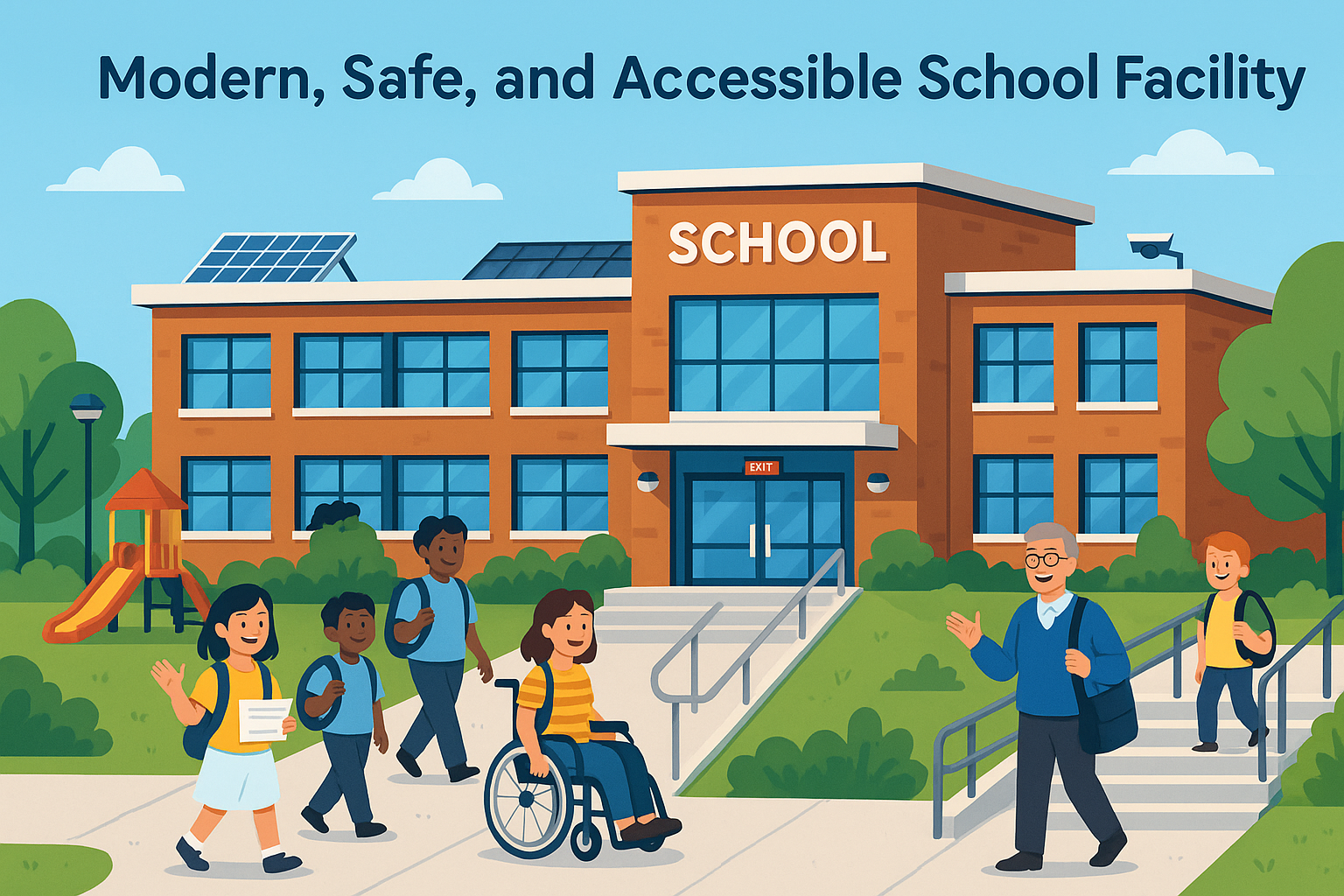
REGISTER YOUR SCHOOL AS A LEGAL ENTITY
Registering your school as a legal entity lays the foundation for operating legally and responsibly. Here’s a breakdown of the essential steps below.
CHOOSE A BUSINESS STRUCTURE
The first step is deciding how your school will be legally organized. Common options include nonprofit (most common for charter and private schools), for-profit, or a Limited Liability Company (LLC). A nonprofit status may allow your school to receive grants, donations, and tax exemptions, whereas a for-profit model can offer more flexibility in revenue generation. The choice depends on your funding model, governance structure, and long-term goals.
FILE WITH YOUR STATE’S BUSINESS REGISTRATION OFFICE
After choosing a structure, you must file the necessary documents—such as Articles of Incorporation or Organization—with your state’s Secretary of State or relevant registration office. This officially establishes your school as a recognized legal entity in your state. You’ll likely also need to designate a registered agent and pay a filing fee. Once approved, your school will be issued a Certificate of Incorporation or similar proof of registration.
OBTAIN AN EMPLOYER IDENTIFICATION NUMBER (EIN)
The final step is obtaining an Employer Identification Number (EIN) from the Internal Revenue Service (IRS). This is essentially the school’s federal tax ID and is required to open bank accounts, hire employees, and file taxes. You can apply for an EIN online via the IRS website at no cost. This step ensures your school can operate legally as an employer and conduct business-related financial transactions.
APPLY FOR LICENSING
Applying for a license involves submitting detailed documentation to your state’s Department of Education. Applying for a school license is a formal process that requires submitting comprehensive documentation to your state’s Department of Education or other governing educational body. This documentation demonstrates that your institution meets all regulatory and educational standards necessary to operate legally and effectively.
PROOF OF BUSINESS REGISTRATION
One of the first essential steps in the licensing process is providing proof of business registration. This confirms that your institution is legally recognized as a business entity within your state. To fulfill this requirement, you must submit incorporation documents, which legally establish the school as a business, and the Employer Identification Number (EIN), issued by the Internal Revenue Service (IRS). The EIN acts as a unique identifier for the school for tax and legal purposes, confirming that your institution is not only a legitimate business but also compliant with federal regulations.
This proof of business registration is a critical part of the application because it verifies that the school is properly registered to operate in the state and can be held accountable for its financial obligations and legal responsibilities. The documentation you submit should be up-to-date, accurate, and properly filed with the state’s business registration office.
CURRICULUM AND EDUCATIONAL MATERIALS
Another integral part of the application process is the submission of the school’s curriculum and educational materials. The curriculum must demonstrate how the school’s courses, instructional materials, and teaching methods align with state educational standards. This includes providing detailed course descriptions that outline the scope and objectives of each subject offered, as well as lesson plans that reflect the planned educational progression for each grade or subject level.
Furthermore, the application should include clearly defined learning outcomes for each course or subject area. These outcomes should outline what students are expected to know and be able to do by the end of the course, ensuring that the school’s educational goals align with state academic standards and provide measurable results for student achievement.
In addition to course descriptions and lesson plans, you must also submit any instructional resources you plan to use. This includes textbooks, multimedia materials, and any supplementary teaching aids that are part of the educational experience. The materials should be aligned with state-approved curricula and demonstrate that they meet the educational needs of students while fostering a high-quality learning environment. These resources should be carefully selected to support the educational objectives of the school and provide students with a well-rounded, effective educational experience.
TEACHER QUALIFICATIONS AND BACKGROUNDS CHECKS
One of the key requirements for school licensing is providing proof that all staff members hold the appropriate certifications and licenses for their respective roles. This ensures that educators are qualified to deliver high-quality instruction and that they meet the standards set by the state or governing educational authority. For teachers, this typically involves submitting copies of state-issued teaching certificates that are specific to the grade levels and subject areas they are qualified to teach. Additionally, if any staff members are involved in specialized fields, such as special education, vocational training, or administrative positions, they must provide proof of specialized certifications or licensure that are specific to their roles.
Beyond certifications, it is equally important to demonstrate that all staff members have undergone thorough criminal background checks. These background checks are essential for ensuring the safety of students and maintaining a secure learning environment. The background checks typically include a review of criminal history, child abuse and neglect records, and other safety-related screenings, depending on the state’s specific requirements. Submitting the results of these checks confirms that all employees have been vetted for their suitability to work with minors and meet the necessary safety standards.
Ensuring that teachers and staff are both qualified and vetted through background checks not only helps to maintain the integrity of the educational institution but also demonstrates a commitment to providing a safe and professional learning environment for students. As part of the licensing process, your school must provide documentation confirming that all staff members have met these qualifications and passed the required screenings, affirming that your institution adheres to the highest standards of safety and professional expertise.
VIDEO COMING OF: SUMMARY OF ONE COMMUNITY’S APPLICATION PROCESS FOR LICENSING
SEE OUR HOW TO HELP AND/OR CROWDFUNDING CAMPAIGN PAGE TO HELP CREATE ALL THE TUTORIAL VIDEOS FASTER
FACILITY INSPECTION REPORTS
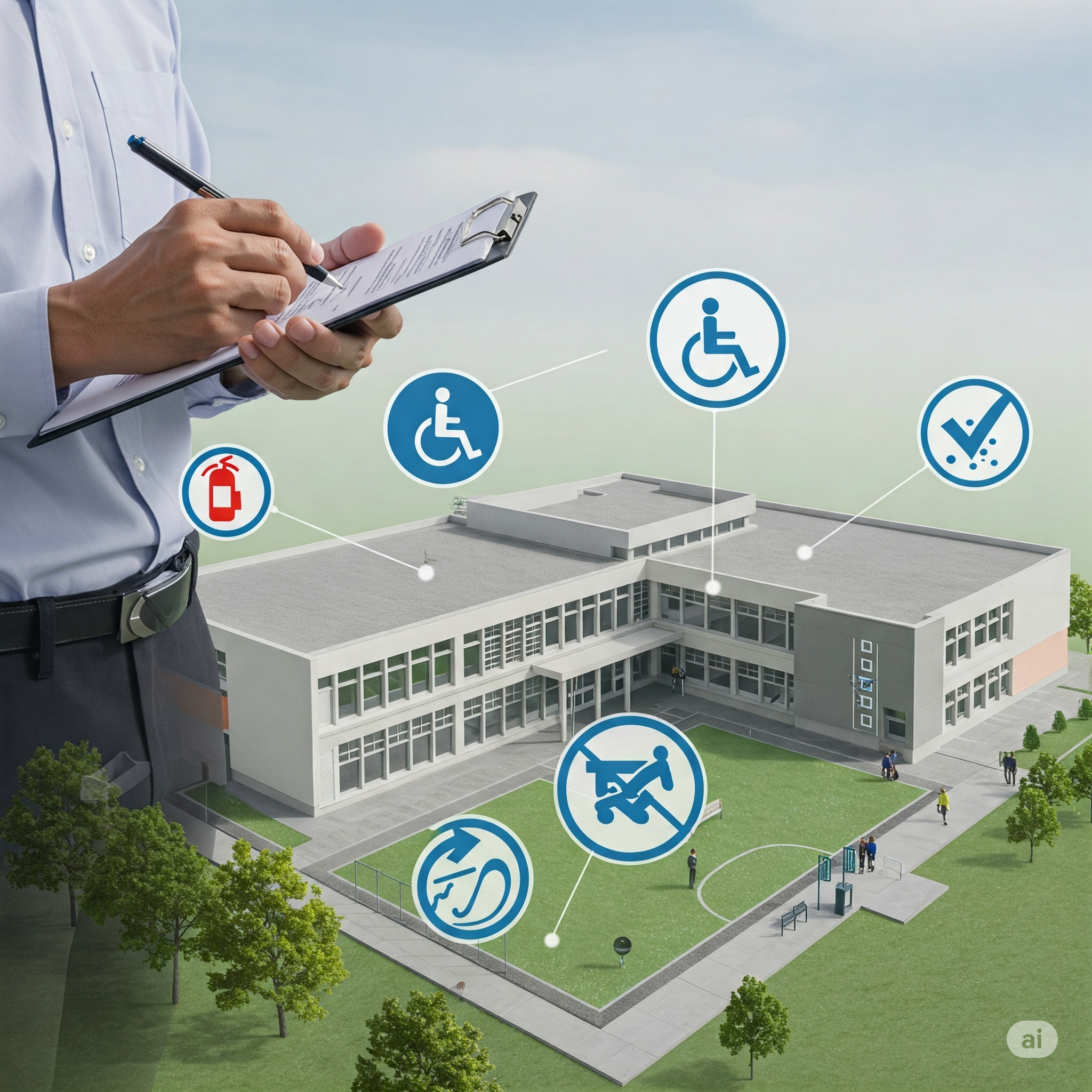 In addition to proving the qualifications of staff, obtaining a school license also requires demonstrating that the physical facility meets health, safety, and accessibility regulations. To fulfill this requirement, facility inspection reports must be submitted as part of the application process. These reports ensure that the school building complies with all necessary local, state, and federal regulations regarding the safety and well-being of its students, staff, and visitors.
In addition to proving the qualifications of staff, obtaining a school license also requires demonstrating that the physical facility meets health, safety, and accessibility regulations. To fulfill this requirement, facility inspection reports must be submitted as part of the application process. These reports ensure that the school building complies with all necessary local, state, and federal regulations regarding the safety and well-being of its students, staff, and visitors.
The inspection reports typically cover a range of areas, beginning with fire safety compliance. Fire marshal inspections are required to verify that the school building is equipped with the necessary fire alarms, fire exits, and fire suppression systems to protect occupants in the event of an emergency. These inspections also check the building’s overall fire safety plan, including evacuation routes and procedures, to ensure that students and staff are properly protected in case of a fire.
Another critical component of the inspection process involves sanitation and cleanliness. Sanitation reviews confirm that the school’s facilities, including restrooms, kitchens, and other areas used by students and staff, meet the state’s health and hygiene standards. The review ensures that all health codes are followed, which is crucial for preventing the spread of illnesses and maintaining a clean and healthy environment for learning.
Building code compliance is another important factor in the inspection process. This ensures that the school’s physical structure adheres to local building codes, including standards for construction, accessibility, and general safety. Compliance with building codes is crucial for ensuring that the school’s infrastructure is sound and that the facility provides a safe environment for all individuals. This includes verifying that all areas of the school are accessible to individuals with disabilities and that proper accommodations are in place for students and staff with special needs.
Submitting these facility inspection reports provides assurance to licensing authorities that your school’s physical environment is safe, clean, and compliant with all necessary regulations. This step helps to create a secure and conducive environment for learning, free from health and safety concerns, and ensures that the school meets the required standards for educational operations.
FINANCIAL STATEMENTS
 An essential component of the school licensing process is the submission of detailed financial statements that demonstrate your institution’s financial stability and long-term viability. These statements provide the licensing authority with a clear picture of how your school plans to manage its finances, both during the startup phase and throughout ongoing operations. They serve as evidence that the school is adequately funded and equipped to sustain operations without compromising the quality of education or student welfare. For schools modeled after open source, replicable systems like One Community’s, this financial planning also reflects a commitment to transparency, resource sharing, and sustainability—values that can enhance trust and long-term resilience.
An essential component of the school licensing process is the submission of detailed financial statements that demonstrate your institution’s financial stability and long-term viability. These statements provide the licensing authority with a clear picture of how your school plans to manage its finances, both during the startup phase and throughout ongoing operations. They serve as evidence that the school is adequately funded and equipped to sustain operations without compromising the quality of education or student welfare. For schools modeled after open source, replicable systems like One Community’s, this financial planning also reflects a commitment to transparency, resource sharing, and sustainability—values that can enhance trust and long-term resilience.
Your financial documentation should begin with a comprehensive startup budget, which outlines all initial expenses necessary to launch the school. This includes costs such as facility preparation, furniture and equipment purchases, technology infrastructure, curriculum development, staff recruitment and training, and marketing efforts. In projects guided by One Community’s open source project-launch blueprint, such startup costs are supplemented by complete cost and implementation plans, open source tutorials, and a library of freely available resources to streamline duplication. These tools help minimize waste, accelerate development, and reduce costs through community collaboration and shared best practices.
In addition to the startup budget, you’ll need to submit projected income and expense statements for at least the first three to five years. These projections should include anticipated sources of revenue such as tuition fees, grants, donations, or any other funding streams. On the expense side, include ongoing costs like staff salaries and benefits, facility maintenance, instructional materials, utilities, administrative overhead, and student services. This financial forecasting demonstrates that your school has a sound fiscal plan in place and is prepared to handle its financial obligations responsibly.
Finally, the licensing authority will require proof of funding, which verifies that your institution has access to the financial resources necessary to support operations. This can include bank statements, letters from investors or donors, loan agreements, or other documentation confirming the availability of funds. By providing this information, your school shows that it can remain financially solvent and provide a stable learning environment for students.
HIRE QUALIFIED STAFF
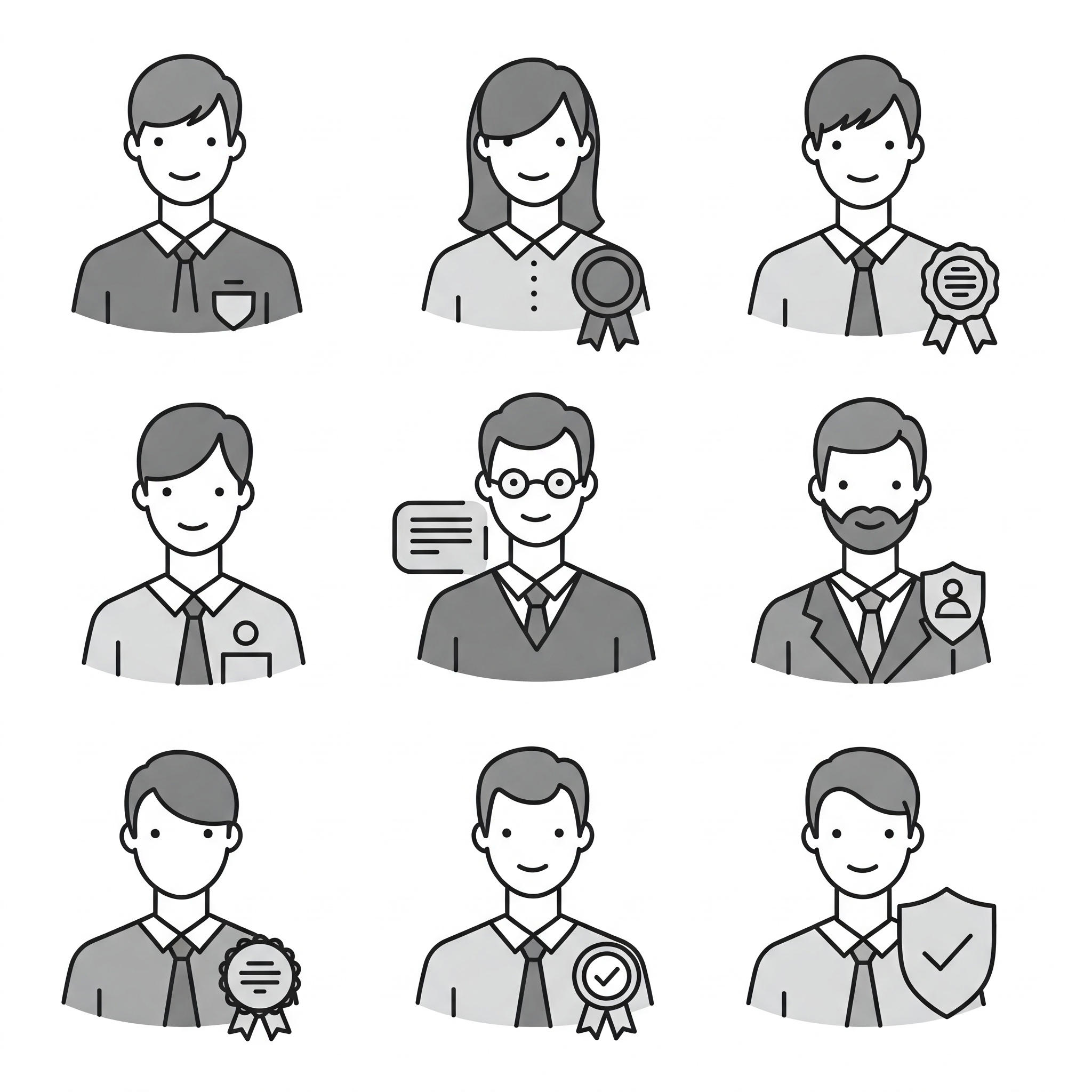 Hiring highly qualified staff is a foundational step in establishing a school that not only meets educational standards but also fosters a safe, supportive, and inspiring learning environment. Your school’s success and credibility are directly linked to the competence and integrity of your team, especially your teaching and administrative personnel. Licensing authorities require detailed information about your staff to ensure compliance with state education regulations and student safety laws. Beyond meeting legal requirements, investing in professional development and continuous training helps staff stay current with best practices in education. Additionally, clear hiring policies, background checks, and thorough vetting processes contribute to building trust with parents and the community. A strong, well-prepared team ultimately lays the groundwork for both academic excellence and long-term institutional success.
Hiring highly qualified staff is a foundational step in establishing a school that not only meets educational standards but also fosters a safe, supportive, and inspiring learning environment. Your school’s success and credibility are directly linked to the competence and integrity of your team, especially your teaching and administrative personnel. Licensing authorities require detailed information about your staff to ensure compliance with state education regulations and student safety laws. Beyond meeting legal requirements, investing in professional development and continuous training helps staff stay current with best practices in education. Additionally, clear hiring policies, background checks, and thorough vetting processes contribute to building trust with parents and the community. A strong, well-prepared team ultimately lays the groundwork for both academic excellence and long-term institutional success.
ESSENTIAL QUALIFICATIONS AND SAFETY PROTOCOLS FOR HIRING EDUCATORS
First and foremost, all educators must meet state certification or licensing requirements specific to their subject areas and grade levels. This means that each teacher should hold valid teaching credentials issued by your state’s Department of Education. These credentials typically involve a combination of academic qualifications, state-approved teacher preparation programs, and passing standardized certification exams. Hiring certified teachers not only fulfills regulatory requirements but also guarantees a minimum standard of pedagogical skill and subject-matter expertise. Beyond certification, staff members must undergo thorough criminal background checks before employment. This includes fingerprinting, reference checks, and screening through national databases to ensure that no employee poses a risk to student safety. These screenings are a legal requirement in most states and a non-negotiable component of building a trustworthy institution.
BUILDING A MISSION-ALIGNED AND HIGH-PERFORMING EDUCATIONAL TEAM
In addition to legal and certification standards, it’s important to provide orientation and ongoing training for all new hires. This training should introduce staff to the school’s mission, values, policies, and instructional framework—especially if your institution incorporates unique programs like the Highest Good Education model. Equipping staff with clear expectations and tools for success from the outset fosters consistency and a shared vision across the educational team. Ultimately, hiring qualified staff is not just about meeting regulatory checklists—it’s about building a team that reflects your school’s commitment to excellence, inclusivity, and lifelong learning. A well-vetted, trained, and motivated staff is essential for delivering a transformative educational experience and earning the trust of parents, students, and licensing agencies alike.
DEVELOP POLICIES AND PROCEDURES
Establishing clear, comprehensive policies and procedures is essential for ensuring the smooth and effective operation of your school. These guidelines not only help maintain consistency and transparency in your day-to-day operations but also serve as critical documentation when applying for school licensing and accreditation. They reflect your school’s commitment to student well-being, academic integrity, and regulatory compliance.
SCHOOL POLICY HANDBOOK FOR ACCOUNTABILITY
Start by developing a school handbook that outlines all core policies. This handbook should be accessible to students, parents, and staff, and should include detailed information on admissions criteria and processes, attendance expectations, student conduct and discipline procedures, academic grading standards, and safety protocols. Admissions policies should address eligibility requirements, application steps, enrollment limits, and any diversity or inclusion practices your school upholds. Discipline and behavioral policies must clearly define unacceptable behaviors, consequences, and grievance procedures to ensure fairness and student protection.
ESTABLISHING CLEAR ACADEMIC AND OPERATIONAL POLICIES FOR SCHOOL SUCCESS
Attendance and grading policies are crucial for academic accountability. Your handbook should state your expectations for student attendance, how absences are recorded and managed, and how these affect academic standing. Grading policies should specify evaluation methods, grade scales, opportunities for academic improvement, and procedures for disputes or re-evaluations. A consistent and transparent grading policy promotes fairness and motivates students to perform their best. In addition to your handbook, establish operational procedures to manage the school’s internal functioning and ensure preparedness for various scenarios. This includes developing emergency preparedness plans for fire drills, lockdowns, medical emergencies, and natural disasters. Health and wellness procedures should cover medication administration, communicable disease protocols, mental health resources, and nutrition policies. Comprehensive record-keeping systems must be outlined for maintaining student records, staff files, incident reports, and compliance documentation in a secure and organized manner.
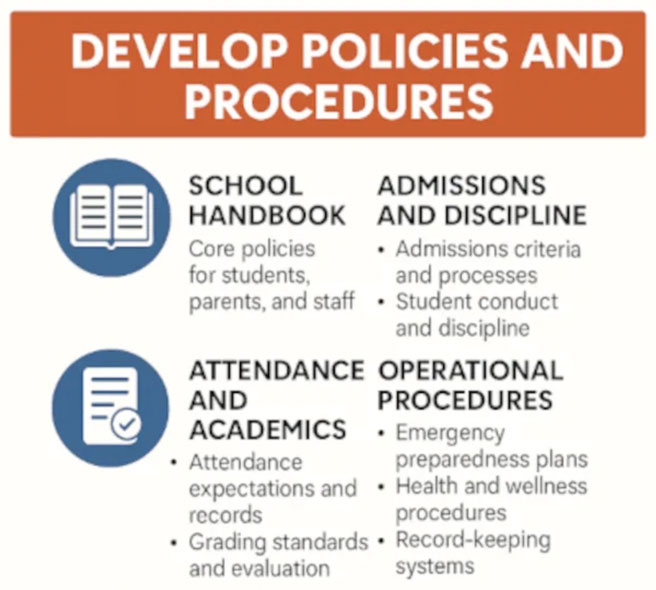
LEGAL CONSIDERATIONS FOR ACCREDITATION
Accreditation is a formal process that validates the quality and standards of a school, but it also comes with specific legal requirements that institutions must address to gain and maintain their status. Schools seeking accreditation must comply with federal, state, and local education laws, including regulations around curriculum, faculty qualifications, governance, student rights, and financial accountability. Accrediting agencies often require extensive documentation, regular audits, and ongoing evaluations to ensure compliance with these legal standards. Meeting these obligations not only secures accreditation but also helps protect the school from legal disputes, enhances its credibility, and ensures that students’ credentials are recognized by employers and higher education institutions.
PREPARE FOR ACCREDITATION
Accreditation is essential for establishing academic credibility. Prepare using the following steps.
CHOOSING AN ACCREDITATION AGENCY
The initial step toward securing school accreditation involves selecting a reputable accrediting agency. It is crucial to choose an organization recognized by the U.S. Department of Education or the Council for Higher Education Accreditation (CHEA), as these entities ensure that institutions uphold national standards in academic quality, governance, organizational integrity, and financial stability. Accreditation from such agencies affirms your school’s credibility and commitment to excellence. Several well-established agencies serve K–12 schools across the United States. These include AdvancED (now part of Cognia), the Middle States Association of Colleges and Schools (MSA-CESS), the Western Association of Schools and Colleges (WASC), the Southern Association of Colleges and Schools (SACS), and the New England Association of Schools and Colleges (NEASC). When selecting an accrediting body, it is important to consider your school’s geographic location, educational philosophy, and curriculum model. While some agencies cater to conventional academic frameworks, others are more receptive to innovative and holistic approaches.
VIDEO COMING OF: SUMMARY OF ONE COMMUNITY’S PRIVATE SCHOOL CHOOSING ACCREDITATION AGENCY
SEE OUR HOW TO HELP AND/OR CROWDFUNDING CAMPAIGN PAGE TO HELP CREATE ALL THE TUTORIAL VIDEOS FASTER
REVIEWING STANDARDS
After identifying the appropriate accrediting agency, the next step is to thoroughly examine their accreditation criteria. These standards typically encompass a wide range of institutional practices and structures, including school governance, instructional programs, faculty qualifications, student services, assessment frameworks, facility management, and financial accountability.Begin by evaluating how your existing curriculum aligns with the academic standards set forth by the agency. It is equally important to analyze your school’s governance model, leadership structures, and operational protocols to ensure they meet recommended best practices. Review your student assessment methods to confirm they effectively measure academic achievement, growth, and learning outcomes. Additionally, ensure that your institution’s mission, vision, and core values are clearly articulated and consistently reflected in everyday practices and decision-making.This phase may reveal areas needing improvement or realignment. Conducting a gap analysis can be particularly helpful in identifying discrepancies between your current operations and the accrediting agency’s benchmarks. By proactively addressing these gaps, your school can demonstrate a commitment to ongoing improvement and educational excellence.
SUBMITTING AN APPLICATION
Once your school has aligned with the necessary accreditation standards, the next step is to formally submit an application to the chosen accrediting agency. This application must include comprehensive documentation that showcases the readiness and quality of your institution. Core components of the submission typically involve detailed curriculum outlines, including course objectives, instructional materials, and how the curriculum meets or exceeds state or national benchmarks. You will also need to provide a thorough record of teacher qualifications, including resumes, teaching licenses or certifications, professional development history, and background checks. The application should clearly outline your school’s student assessment methods, demonstrating how learning outcomes are measured and tracked over time through formative and summative evaluations. Additionally, the governance structure must be well-documented, including details on the school board, administrative hierarchy, roles and responsibilities, and decision-making procedures. The goal is to provide the accrediting body with a transparent and well-organized picture of how your school operates.
PARTICIPATING IN A SITE VISIT
Following a successful application review, the accrediting agency will schedule a site visit to validate your school’s compliance with accreditation standards. This visit serves as a vital component of the accreditation process and involves an on-the-ground assessment by a team of evaluators. During the visit, the team will inspect the physical facilities to ensure they are safe, clean, accessible, and conducive to learning. This includes checking classroom environments, libraries, laboratories, administrative offices, and common areas for adherence to safety codes and functional adequacy. In addition to the facilities inspection, the evaluators will observe classroom instruction, review school policies and procedures, conduct interviews with faculty, staff, and possibly students, and assess how your operational practices align with your written documentation. The team may also examine student records, teacher evaluations, and internal review systems to ensure they reflect quality assurance and continuous improvement efforts. A successful site visit confirms that your school not only meets regulatory requirements on paper but also demonstrates those standards in practice.
VIDEO COMING OF: SUMMARY OF ONE COMMUNITY’S PRIVATE SCHOOL SITE VISIT
SEE OUR HOW TO HELP AND/OR CROWDFUNDING CAMPAIGN PAGE TO HELP CREATE ALL THE TUTORIAL VIDEOS FASTER
ADDRESSING FEEDBACK
After the site visit, the accrediting agency will provide a detailed evaluation report summarizing their findings and highlighting both strengths and areas for improvement. This feedback is critical and should be carefully reviewed by your school’s leadership team. The report may include mandatory compliance issues that must be resolved before accreditation is granted, as well as recommendations for enhancing quality and organizational effectiveness. Schools are expected to respond to the feedback with a corrective action plan, detailing how and when each concern will be addressed. This might involve updating policies, improving infrastructure, revising curriculum components, enhancing faculty training, or refining assessment procedures. Transparency, timeliness, and a proactive approach are essential during this phase, as they demonstrate a genuine commitment to meeting high educational standards. Promptly and thoroughly addressing the feedback not only increases the chances of earning accreditation but also lays the foundation for long-term institutional improvement.
RECEIVING ACCREDITATION
Once all criteria are met and any necessary changes have been implemented, the school will receive formal notification of accreditation. This designation signifies that your institution meets or exceeds the established standards for educational quality, governance, financial health, and student outcomes. Accreditation brings numerous benefits, including increased credibility, enhanced student recruitment potential, eligibility for grants or public funding, and improved student transfer and credit recognition. However, accreditation is not a one-time achievement. To maintain accreditation, schools are required to submit annual reports that update the accrediting agency on key operational metrics, academic performance, and any major changes. Most agencies also conduct periodic reevaluations—often every 3 to 7 years—to ensure that schools continue to uphold standards and adapt to evolving educational demands. Continuous improvement, data-driven decision-making, and a commitment to excellence are essential to sustaining accreditation and fulfilling your mission as an educational institution.
TRANSFORMING EDUCATION FOR A THRIVABLE FUTURE
One Community is pioneering a transformative educational model rooted in sustainability, emotional well-being, and the principles of fulfilled living. As part of its broader mission to redefine what it means to live an enriched life, the organization is integrating a cutting-edge curriculum into its evolving “blueprints of civilization” framework. This educational initiative combines the most progressive methodologies with real-time social architecture, offering children a holistic, values-based learning experience. Designed to promote emotional sustainability, creative thinking, and lifelong learning, the program is tailored not only for the children of One Community but also for a small number of families outside the community. By offering 5 to 15 enrollment spaces to external students, One Community aims to generate $25,000 to $75,000 in annual revenue while maintaining intimate, high-quality learning environments. With a tuition model priced at approximately $5,000 per child—modestly above the national average—this initiative contributes to One Community’s open source revenue streams and overall vision of sustainable, community-driven living. It reflects the organization’s commitment to “helping people help themselves” and creating win-win economic models that support thriving, regenerative lifestyles for future generations.
MAINTAIN COMPLIANCE AND ACCREDITATION
Ensuring your school remains in good standing with both state regulations and accreditation standards is a continuous process. It involves regularly reviewing and updating your policies and practices to align with the latest requirements, keeping your operations in top shape, and demonstrating your commitment to providing quality education. Here’s how you can maintain compliance and accreditation effectively:
REGULARLY REVIEWING STATE LICENSING REQUIREMENTS AND RENEWING LICENSES AS NEEDED
State licensing requirements can change over time, which is why it’s important to stay proactive in reviewing these regulations to ensure compliance. Regularly check with your state’s Department of Education or the appropriate governing body for updates or changes to the licensing process. Some states may introduce new requirements related to curriculum, teacher qualifications, or health and safety standards. By staying informed, you can make the necessary adjustments before deadlines, avoiding potential penalties or loss of licensing.
As part of this process, renew your school’s operating license as required. Depending on your state, licenses may need to be renewed annually or every few years. Be mindful of the renewal dates and the documents needed for submission, such as financial records, updated curriculum plans, and proof of staff qualifications. An organized system for tracking these requirements will help you stay ahead of deadlines, ensuring that your school remains compliant and operational.
STAYING UP TO DATE WITH ACCREDITATION STANDARDS AND SUBMITTING REQUIRED REPORTS
Accreditation is a cornerstone of academic credibility, and staying in good standing with your accrediting agency requires ongoing effort. Accreditation standards typically involve various aspects of school operations, such as curriculum design, faculty qualifications, student performance metrics, and financial stability. To maintain accreditation, it’s crucial to stay informed about any changes to these standards, ensuring your school aligns with the latest expectations.
Most accreditation agencies require annual reports that provide detailed information about your school’s performance in key areas. These reports may cover curriculum updates, student assessment results, faculty development activities, and improvements in school facilities. Submitting timely and accurate reports helps demonstrate your commitment to maintaining high standards and provides evidence of your school’s growth and development. Failure to submit these reports on time could result in a loss of accreditation status, so it’s essential to track submission dates and prepare the necessary documentation in advance.
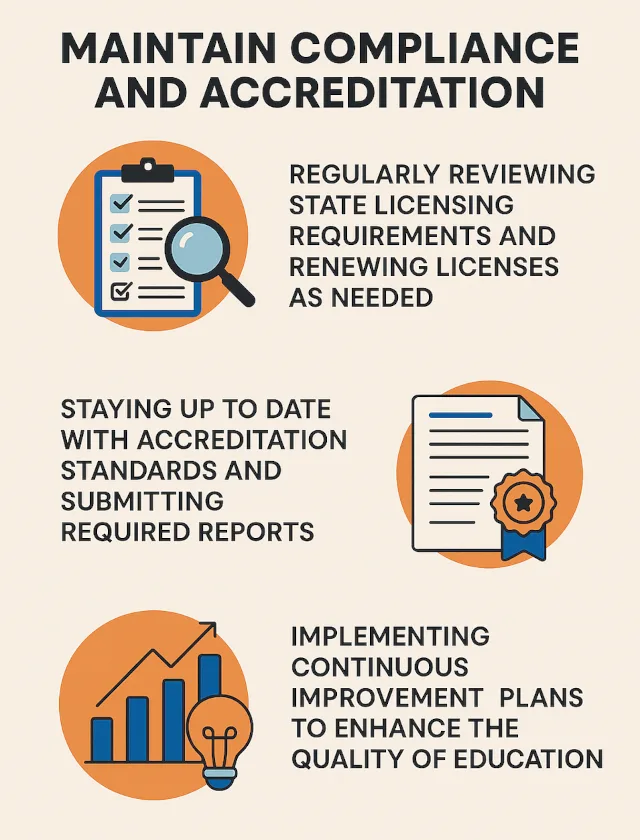 We’ll open source our complete compliance process once it is demonstrated and approved.
We’ll open source our complete compliance process once it is demonstrated and approved.
VIDEO COMING OF: SUMMARY OF ONE COMMUNITY’S HOW TO MAINTAIN COMPLIANCE AND ACCREDITATION
SEE OUR HOW TO HELP AND/OR CROWDFUNDING CAMPAIGN PAGE TO HELP CREATE ALL THE TUTORIAL VIDEOS FASTER
IMPLEMENTING CONTINUOUS IMPROVEMENT PLANS TO ENHANCE THE QUALITY OF EDUCATION
Continuous improvement is a vital part of maintaining accreditation and ensuring your school provides a high-quality education. Regularly assess your school’s strengths and areas for improvement, taking a data-driven approach to identify opportunities for growth. This could involve evaluating student performance, gathering feedback from teachers, students, and parents, and reviewing educational outcomes.
Based on these assessments, create actionable improvement plans aimed at enhancing curriculum design, teaching methods, student support services, and school infrastructure. Implementing professional development opportunities for teachers, updating course materials, and introducing innovative teaching strategies are just a few examples of how you can make improvements. By actively seeking ways to improve and adapting to feedback, your school not only meets accreditation standards but also fosters an environment of excellence for both students and staff.
HOW TO OBTAIN GOVERNMENT LICENSING
In most countries the function of educational accreditation is conducted by a government organization. In the U.S., the accreditation process was developed in the late 19th century and early 20th century after educational institutions perceived a need for improved coordination and articulation between secondary and post-secondary educational institutions, along with standardization of requirements between the two levels. As a result of this, a quality assurance process exists that is performed by private non-profit organizations. Those organizations are formally called accreditors.
All accreditors in the US must in turn be recognized by the National Advisory Committee on Institutional Quality and Integrity (NACIQI) in order to receive federal funding and any other type of federal recognition. This group is an advisory body to the U.S. Secretary of Education, so the federal government is the principal architect and controlling authority of accreditation.
There is no United States Federal government regulation of public primary schools. The schools are usually regulated by the states (see resources below). School districts can have a say in the satisfaction of goals for homeschooling and issue diplomas that way.
This website has every state with multiple links to licensing and accreditation information: http://www2.ed.gov/about/contacts/state/index.html
For non-government information about starting your own school, the Alternative Education Resource Organization is a good place to start: http://www.educationrevolution.org/store/resources/alternatives/
When we license the One Community education program we will also add here for those interested in replicating it our complete step-by-step process, copies of all forms filled out, anything we learned from our process, and a detailed guide for making your process even easier than ours.
SPECIAL GROUP LICENSING AND ACCREDITATION
A school may decide to become a part of a private organization or defined education paradigm where there will be a need to obtain recognition as a certified school through those programs. Many private schools become affiliated with a larger more global organization, choosing one that relates at least in part to the philosophical approach of their institution.
Here are some example links and resources for private and independent licensing and accreditation information. Internet searches for a specific philosophy or educational focus can turn up many more:
- National Association of Independent Schools
- American Montessori Society
- US Department of Education State Regulation on Private Schools
- National Council for Private School Accreditation
- Waldorf Accreditation
- North American Reggio Emilia Alliance
INTERNATIONAL BACCALAUREATE
Vocational licenses such as teaching credentials, pilot licenses, law credentials, etc. all have their own industry standards. Some require government licenses and others a test or other performance-based assessment. For an individual to achieve their personal goals, the requirements of their profession should be defined and built into their education process.
The closest thing to an internationally agreed upon academic achievement accreditation system in the International Baccalaureate. Recognition of accreditation in IB can be individual or institutional issued diplomas.
OPEN SOURCE CONTENT TO BE ADDED LATER
Once on the property, One Community will open source project-launch blueprint the complete process of getting licensing and accreditation for the Highest Good Education program. We will do this so that people with zero prior knowledge can replicate our process individually or as part of the One Community complete open source self-sufficient teacher/demonstration community, village, or city model. Upcoming resources will include:
- Step-by-step tutorials for filing state-specific licensing paperwork
- Templates for creating school handbooks and policy documents
- Guides for aligning curriculum with accreditation standards
- Checklists for facility compliance with local safety and zoning laws
- Best practices for staff hiring and certification verification
- Documentation templates for accreditation agency submissions
- Open source feedback from site visit evaluations
- Case studies and reflections on challenges and solutions encountered during the process
RESOURCES
- One Community: Highest Good Education® Open Source Hub
- FAQ About Accreditation – US Department of Education
- Council for Higher Education Accreditation
- ABET Accreditation Process
- National Association of Independent Schools Article: “Independent School Accreditation”
- National Council for Private School Accreditation Accreditation Process
- American Montessori Society Accreditation
- Association of Waldorf Schools of North America Accreditation Guide (PDF)
- Alternative Education Resource Organization Resource Page
- Accreditation and Licensing – Rudolf Steiner College
- Council for the Accreditation of Educator Preparation
- U.S. Department of Education Database of Accredited Postsecondary Programs
- AdvancED (Advancing Excellence in Education) Accreditation
- List of Online Colleges with National Accreditation
- National Association of Private Schools
- National School Board Association: School Law Issues
- US Department of Education State Regulation on Private Schools (PDF)
- NAEYC Accreditation Standards and Criteria
- Use this page (click here) if you have a resource you’d like to suggest be added here
SUMMARY
 One Community is providing this licensing and accreditation page so that institutions and individuals involved in the education process will have the information and resources they need to achieve validity for their programs. In addition, this page offers ways to get the necessary licensing and or accreditation in order to provide students with any required diplomas, test results, licenses or other data so they can pursue further education or job opportunities in other institutions within the global environment. The intent is to provide open source and free-shared education resources that can be used in homeschooling, traditional schooling, private schooling environments, or included as part of self-replicating teacher/demonstration communities, villages, and cities to be built around the world. When we license the One Community education program we will also add here for those interested in replicating it our complete step-by-step process, copies of all forms filled out, anything we learned from our process, and a detailed guide for making your process even easier than ours.
One Community is providing this licensing and accreditation page so that institutions and individuals involved in the education process will have the information and resources they need to achieve validity for their programs. In addition, this page offers ways to get the necessary licensing and or accreditation in order to provide students with any required diplomas, test results, licenses or other data so they can pursue further education or job opportunities in other institutions within the global environment. The intent is to provide open source and free-shared education resources that can be used in homeschooling, traditional schooling, private schooling environments, or included as part of self-replicating teacher/demonstration communities, villages, and cities to be built around the world. When we license the One Community education program we will also add here for those interested in replicating it our complete step-by-step process, copies of all forms filled out, anything we learned from our process, and a detailed guide for making your process even easier than ours.
FREQUENTLY ANSWERED QUESTIONS
Q: Does One Community plan to license their program to others?
No, One Community’s program is open source and free-shared under the guidelines of our Terms and Conditions.
Q: If I homeschool or unschool how do I determine if my student(s) need a diploma?
This decision will be based on the direction of the learner. If they want to participate in a global arena where diplomas, test scores, and licenses are required then they should get a diploma.
Q: What if I obtain a license or diploma from one state or country then I move to a different one?
This depends on the field you are participating in and the requirements of the state/country you are moving to. Go to your state’s education page listed above.
Q: Where can I find additional educational resources and information?
Here is the section we’ve built for this purpose:
OTHER RESOURCES
We’re building a resource section. Click here if you have a suggestion or resource for this page.
OTHER RESOURCES
We're building a resource section. Click here if you have a suggestion or resource for this page.
OPEN SOURCE SUBJECT RESOURCES (click icons for complete pages)
OPEN SOURCE CURRICULUM OUTLINES (click image for summaries and links to complete pages)
CARE
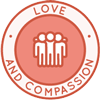
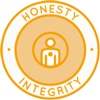
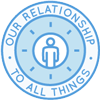
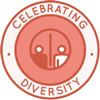
SHARE
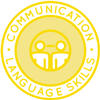
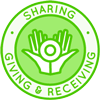
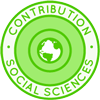
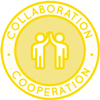
PLAY
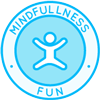
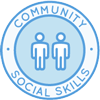
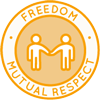
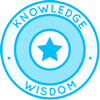
OPEN SOURCE TEACHING METHODOLOGY SUMMARIES
Montessori | Waldorf | Orff | Reggio | Multi-Intelligence | Bloom's Taxonomy | Study Tech | I-WE
INDEX OF ALL THE ONE COMMUNITY OPEN SOURCE LESSON PLANS
THE WORLD'S LARGEST ONLINE FREE EDUCATION RESOURCE ARCHIVE
RELATED CONTENT AND OTHER RELATED RESOURCES
We're building this resource section. Click here if you have a suggestion or resource for this page.
 One Community
One Community